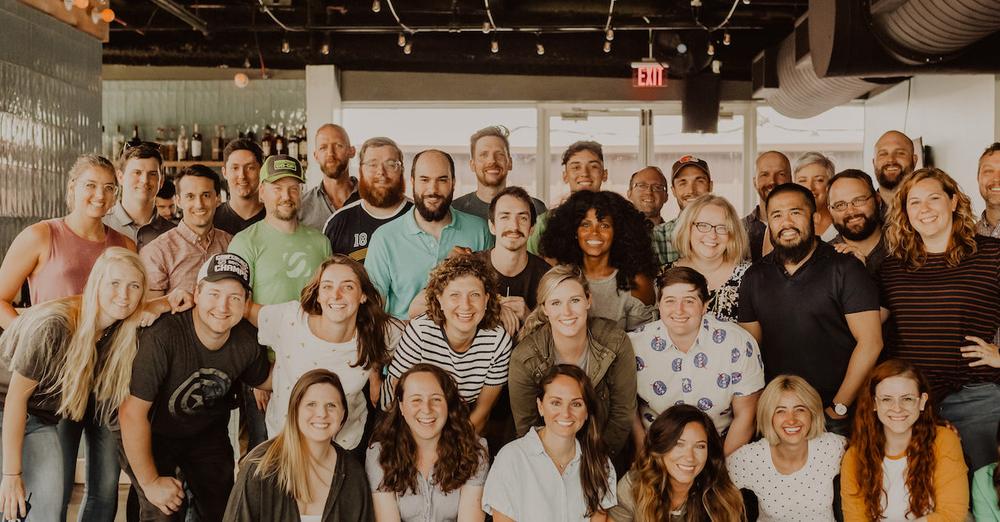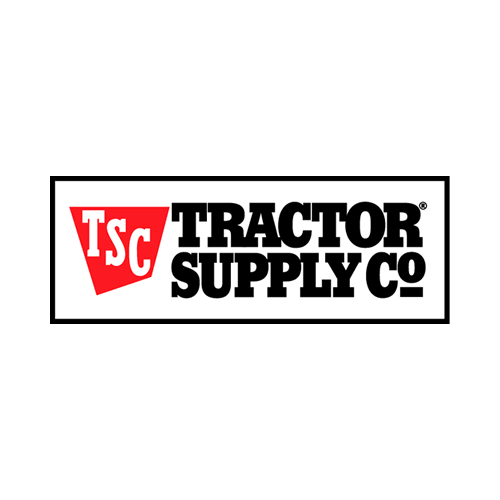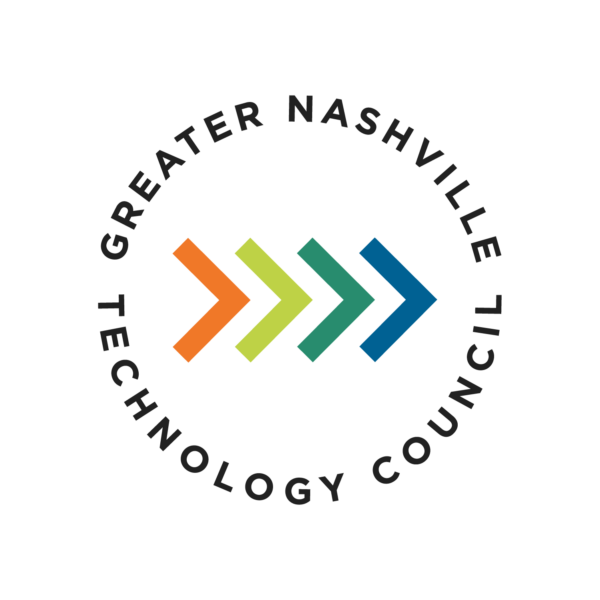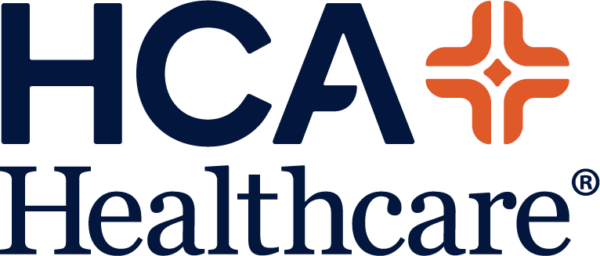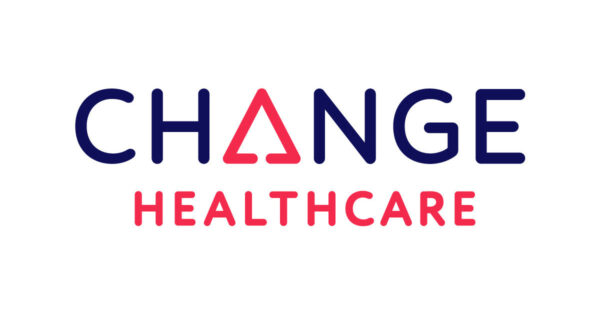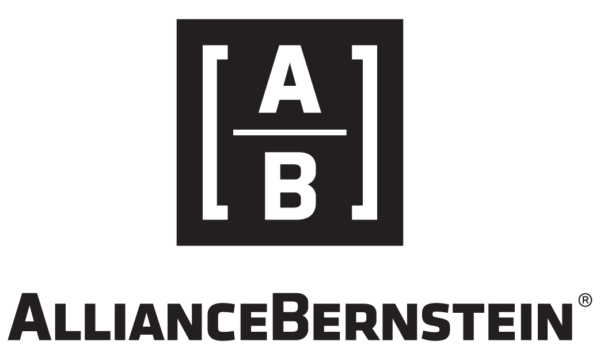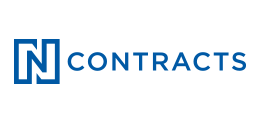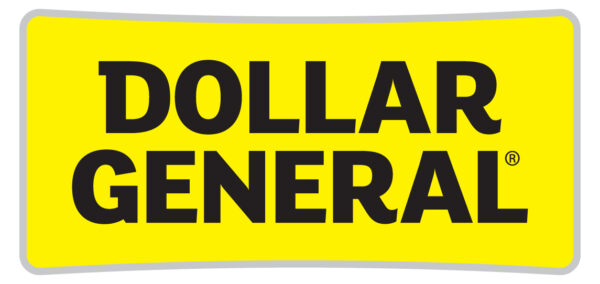Large scale decisions for hospitals require tremendous strategic planning. This ensures not only the financial prosperity of the hospital, but improved quality of life for patients. The hospital corporations making these decisions need agile technology partners. In this case, “agility” means that these partners must be able to process data and make sense of what’s going on in a hospital.
Stratasan is a healthcare technology company based in Nashville. Founded in 2010, it now is partnered with over 1,000 hospitals in 40 states. Stratasan assists these hospitals by providing proprietary software, support services, and data analysis.
Haley Devlin is the COO of Stratasan. Haley shares that Stratasan spent its first eight years selling exclusively to the acute care provider space. During the last three years, Stratasan has expanded into other markets. As things stand now, she says, “We add value to all types of healthcare companies. Everything from hospitals and health systems—also known as acute care providers—ancillary care providers like urgent care centers, oncology centers, etc, healthcare consultants, and hospital associations.”
“We build technology that helps our clients make better strategic growth decisions. And, in the end, better strategic decisions for the hospital should translate to better decisions for their patient population,” Haley adds.
Finding the Right Fit
Brian Dailey and Jason Moore are the co-founders of Stratasan. Brian now serves as the organization’s CTO, but he started as an engineer.
Brian says that many startups have to find their product-market fit. Luckily, Stratasan didn’t have to search out what they should be doing. They saw interest in what they had to offer right from the company’s founding.
The reason for this initial clarity of purpose is that Stratasan was advised by its angel investors, who happened to be knowledgeable of the healthcare market.
Jason recalls, “We got a really lucky bounce… When we entered the marketplace, there were behemoths within the industry, and there were mom-and-pops. There was no real middle market.”
Knowing Exactly What the Customer Needs
In 2010, the company launched with a single market report. This report showed what hospitals could anticipate five years from the report’s publication. This information was based on demographic changes in current health care utilization patterns.
Brian says, “And I think what happened from there is Jason just got in the door talking to people, talking about the problems and specifically [the problems inherent] in the strategic planning space.”
One company—which later wound up becoming one of Stratasan’s first clients—shared a lot of detailed data with Brian and Jason. The company was struggling with details related to strategic planning. This planning looks at various types of data, and helps hospital corporations make intelligent business decisions.
Brian continues, “And data that was released yearly, quarterly, or monthly—they were spending a lot of time doing QA. They were spending a lot of time loading it into a data warehouse. [It was] just a lot of work to get it to where they could actually use it to make decisions.”
Of course, there were already a lot of businesses offering assistance in the strategic planning space. However, these businesses were mostly consulting firms. This status quo was good for Jason and Brian, as they didn’t want Stratasan to be a consulting company.
“And so we saw an opportunity there in the market to build a product-first company…” Brian recalls. This philosophy rivaled that of many of the large players in the space. Stratasan wanted to build tools that empowered strategic planners to make better decisions—not dictate to them which decisions they should be making.
Scaling One Solution for Many
However, before building anything, Brian and Jason wanted to figure out what the specific problems were, so they could determine if the product they had in mind would be the right solution. If their solution fit, both the founders knew that it would be beneficial for many organizations in the healthcare space.
Through talking to customers, Jason and Brian figured out that both their software products and the relevant updates could benefit many in the industry.
One of the early market problems Stratasan wanted to address was the issue of “scrubbing” data. “Scrubbing” is not a reference to erasing data, but instead it relates to getting the sundry pieces of data into the same format. The need for scrubbing data made building scalable healthcare products very difficult.
“Different states would ultimately release what was the same data in different formats, with different column names,” Brian explains. “We basically took that out of their workload. And [we] just said ‘We’re going to standardize on this, and what you see in this one data set is exactly what every other data set is going to require as well.’”
Standardizing the data has saved Stratasan’s clients time. Further, it allowed Stratasan to build interchangeable tools to look at data from different states. So, healthcare corporations looking at data in Kentucky and West Virginia can do so through the same dashboard. Now, enabled to look at data across state lines, healthcare corporations could compare hospital performances effortlessly.
In those early days, LifePoint Health signed on as one of Stratasan’s first customers. The hospital corporation gave Stratasan credibility on the market.
Jason and Brian are forever grateful for LifePoint Health’s business. Those early days of operation helped the company get to where it is now. This includes recognition from the Nashville Entrepreneur Center as a “Technology Market Mover” from the 2021 NEXT Awards.
Since those days, the company has grown to about 80 employees. Jason shares that he’s always reminded that the company feels like a family when screening new hires.
“It is a fairly common statement that somebody will make… They say ‘It actually feels like you all enjoy working with each other!’” Jason says.
Haley notes that the key to keeping Stratasan’s employees happy is the company’s adherence to its core values. Set in 2016, these values have fostered a sense of belonging at Stratasan.
One of the values—which happens to be Haley’s favorite—is “Everybody Makes the Coffee.”
“What that really means is as we scale as an organization, we have to be willing to do whatever work needs to be done to get where we’re trying to go,” Haley says. As a literal requisite for when employees are in the office, this value reminds employees that everyone is there to contribute in a meaningful way and strive for the success of the broader team..
For further information about Stratasan, be sure to visit its website and social media.
